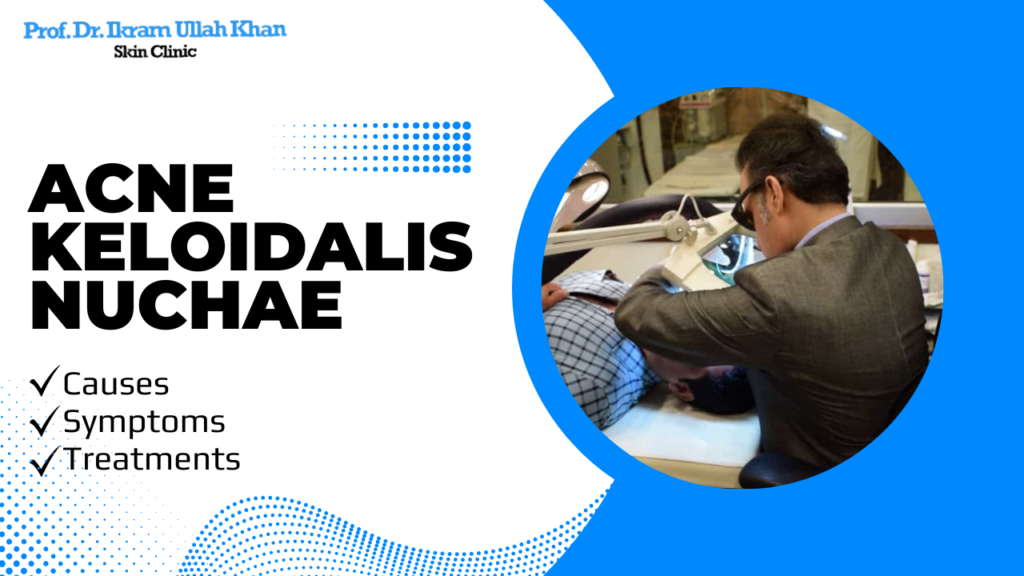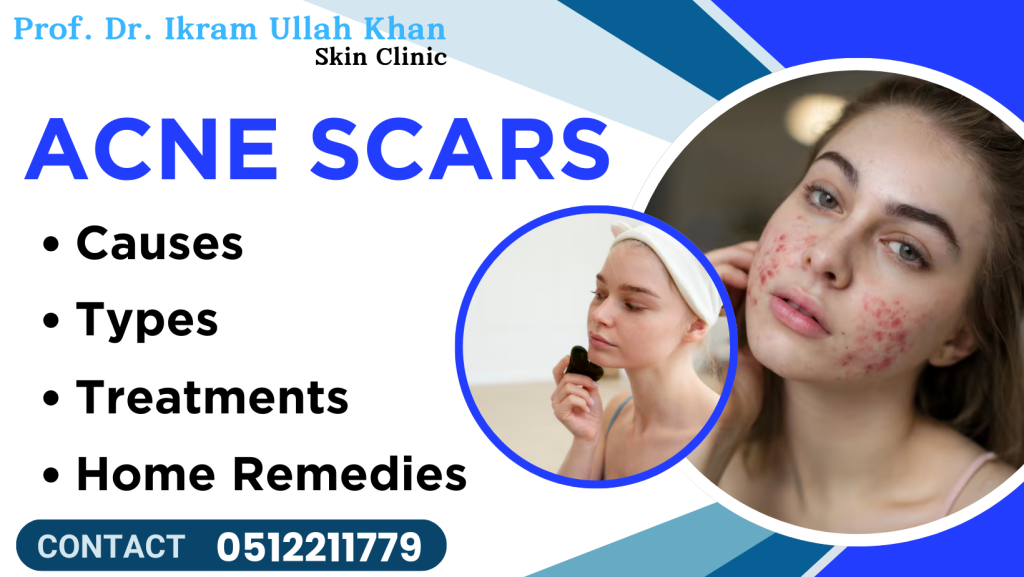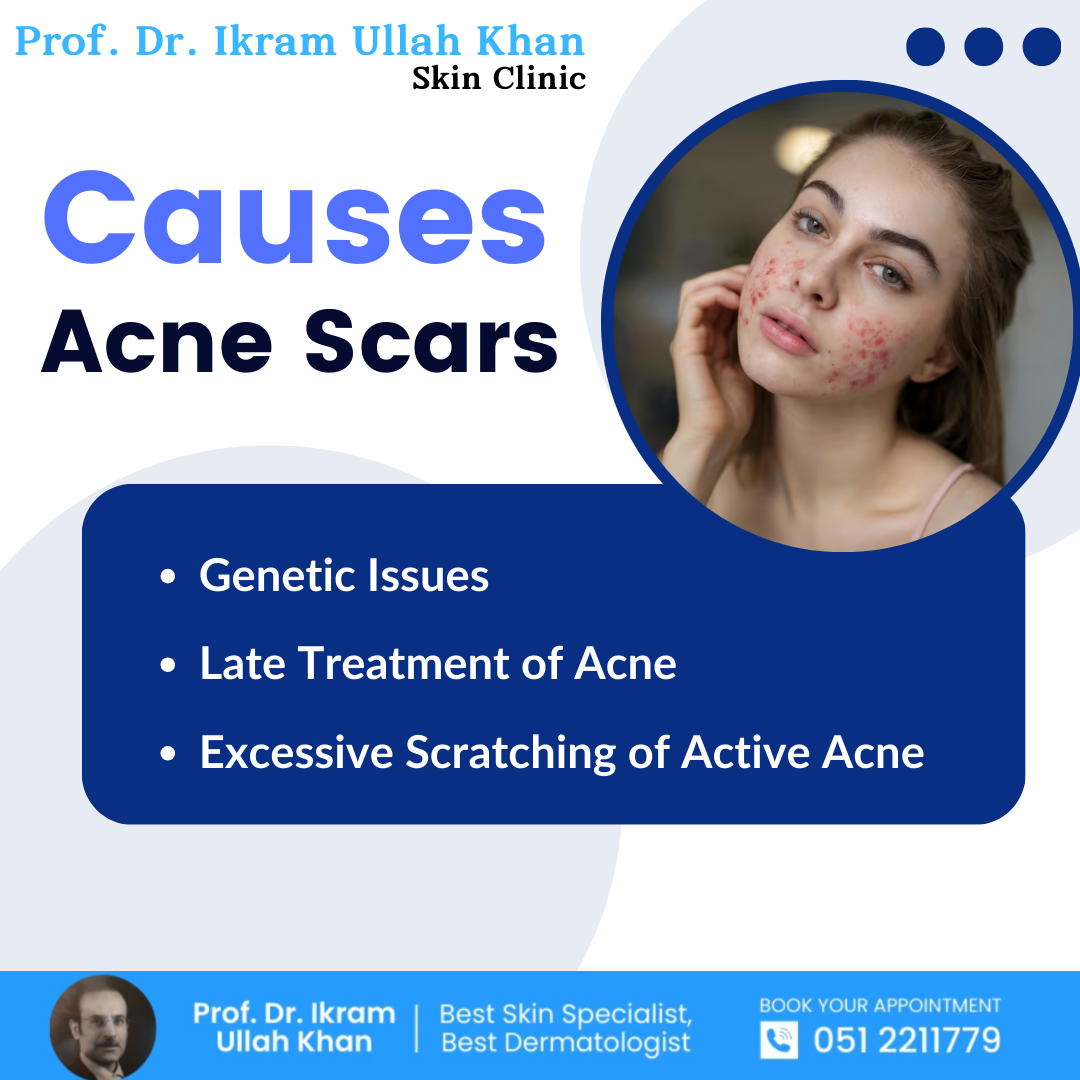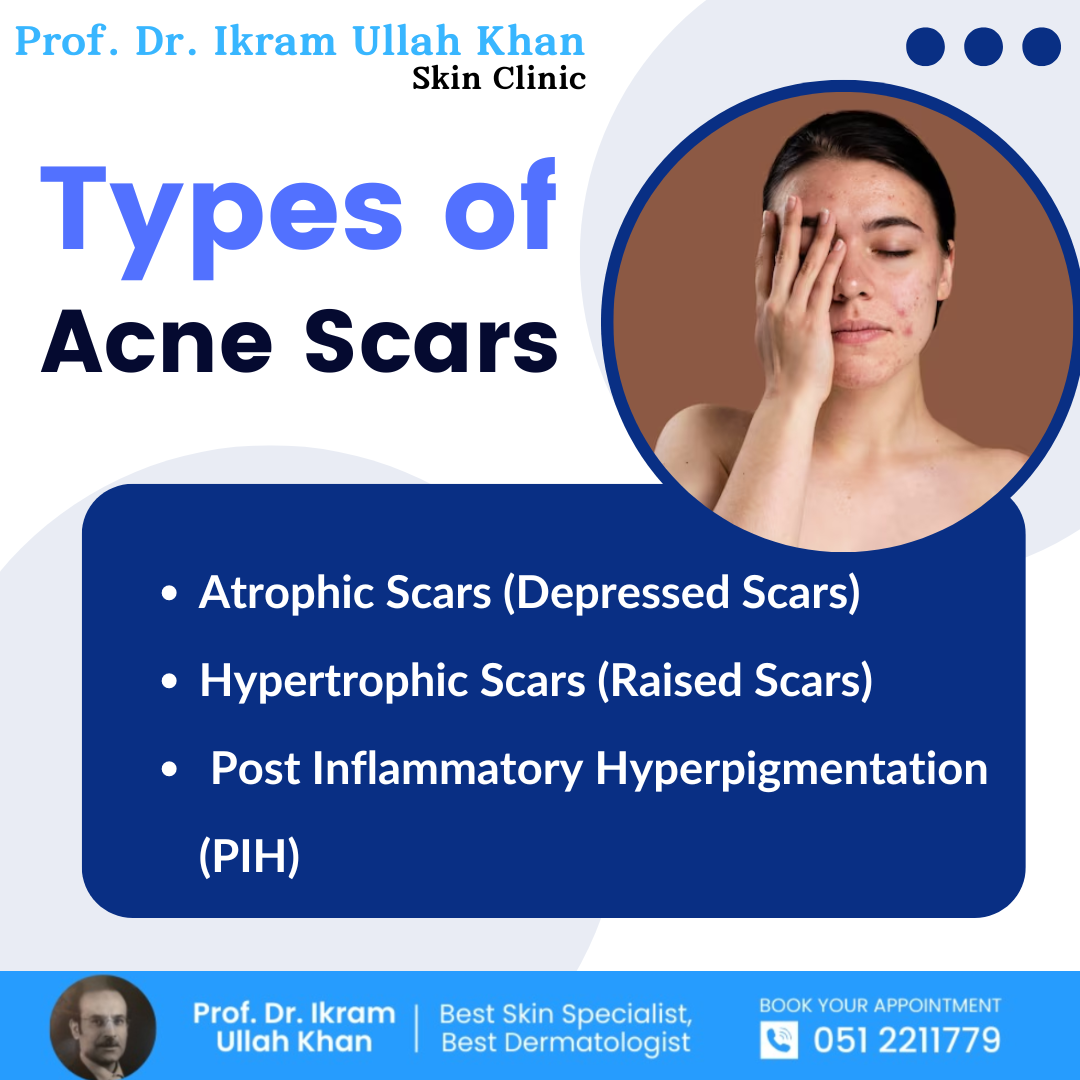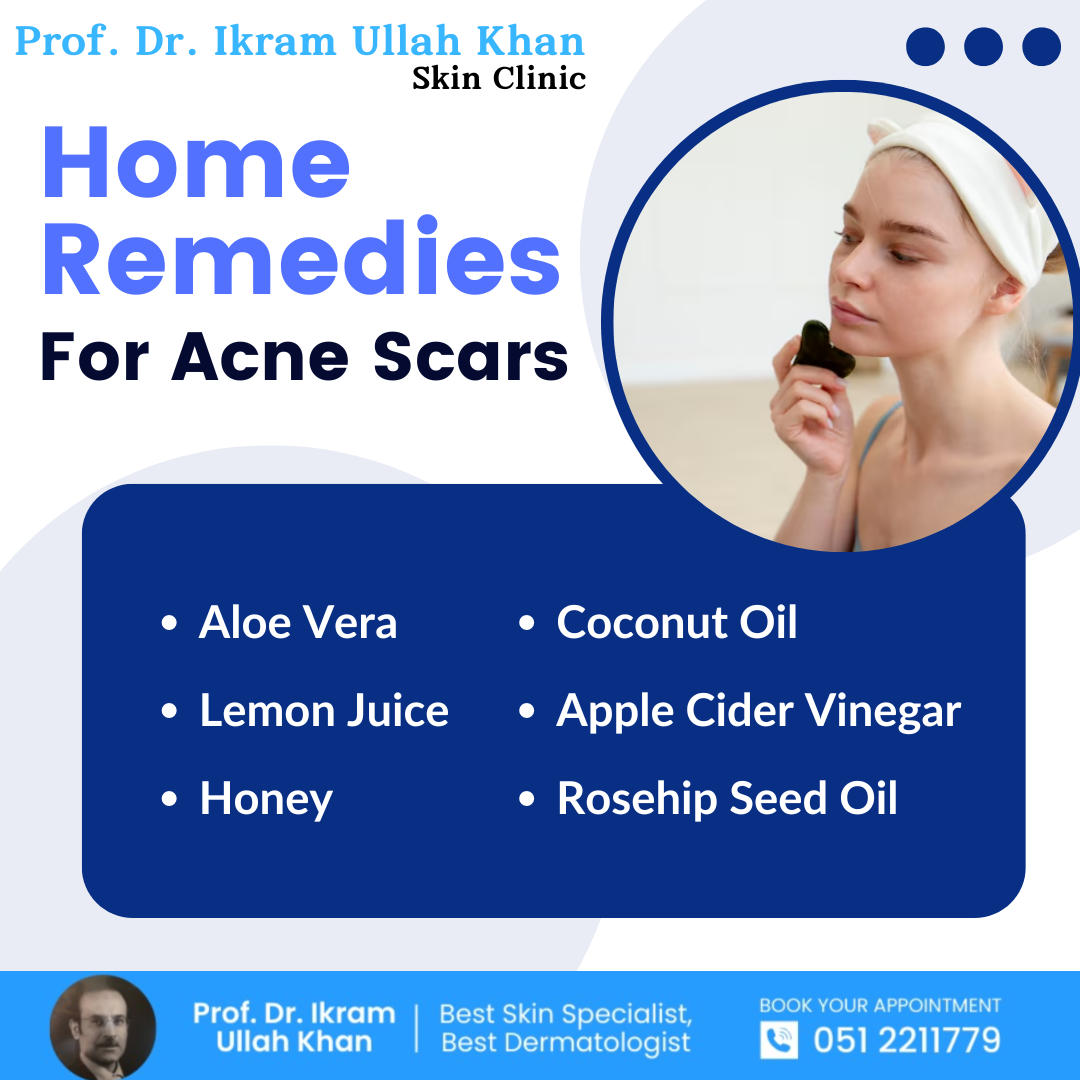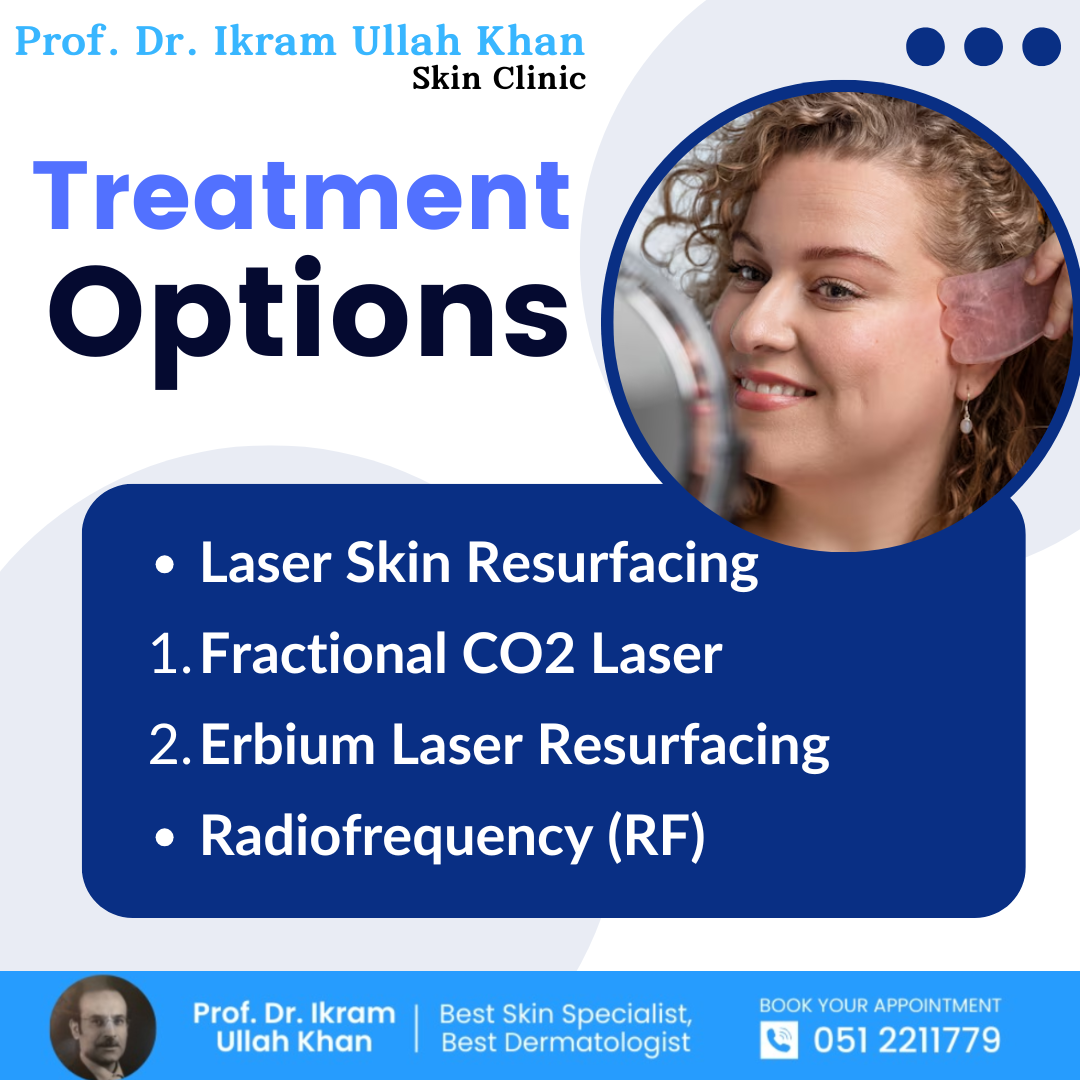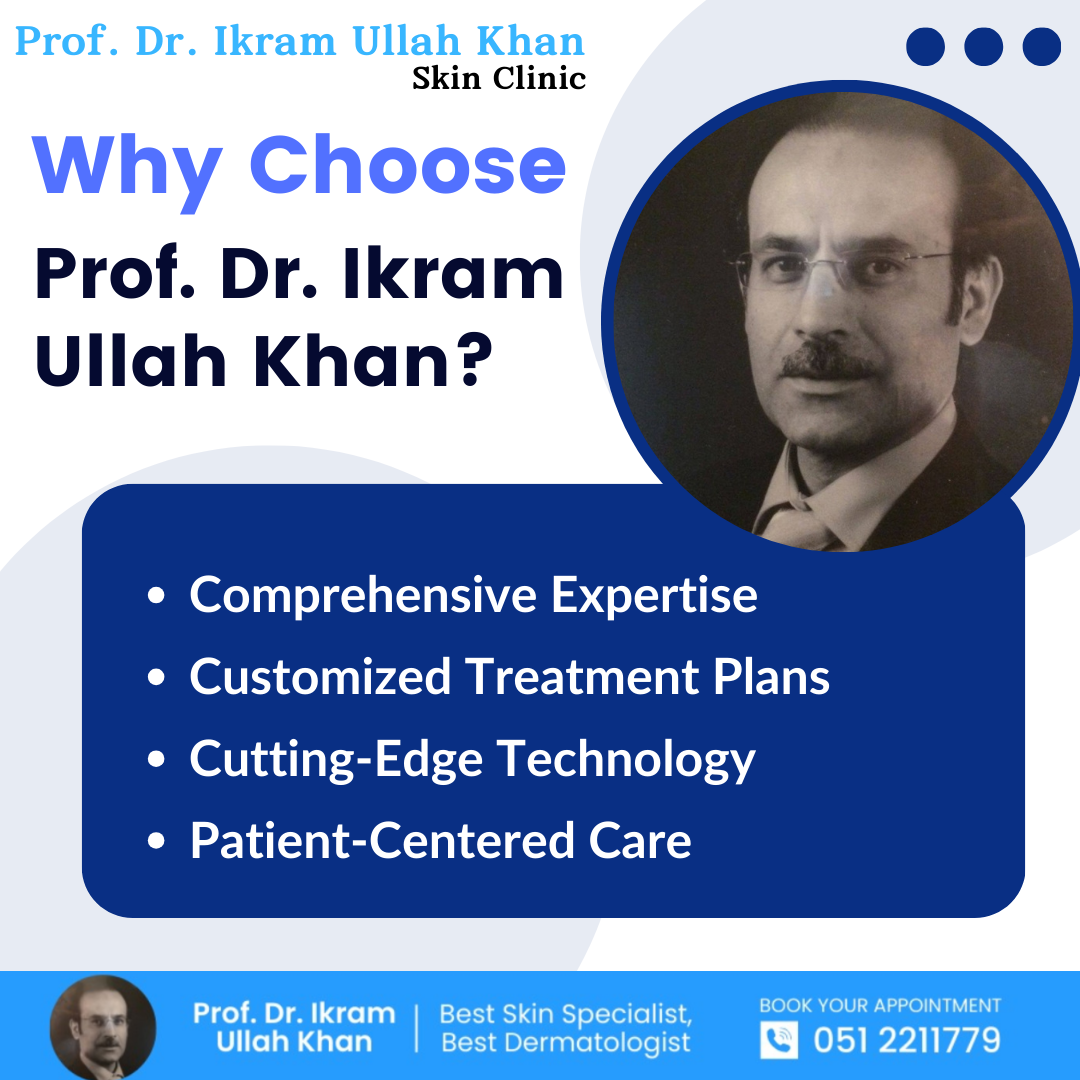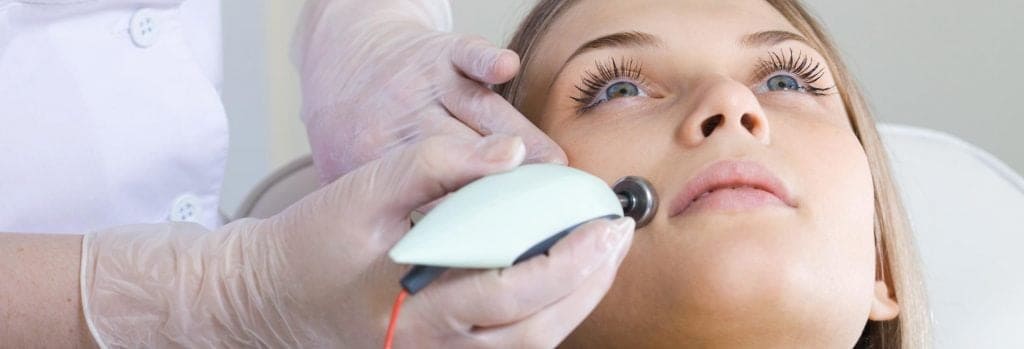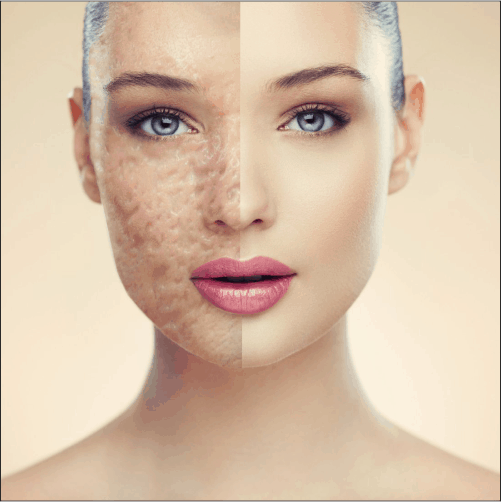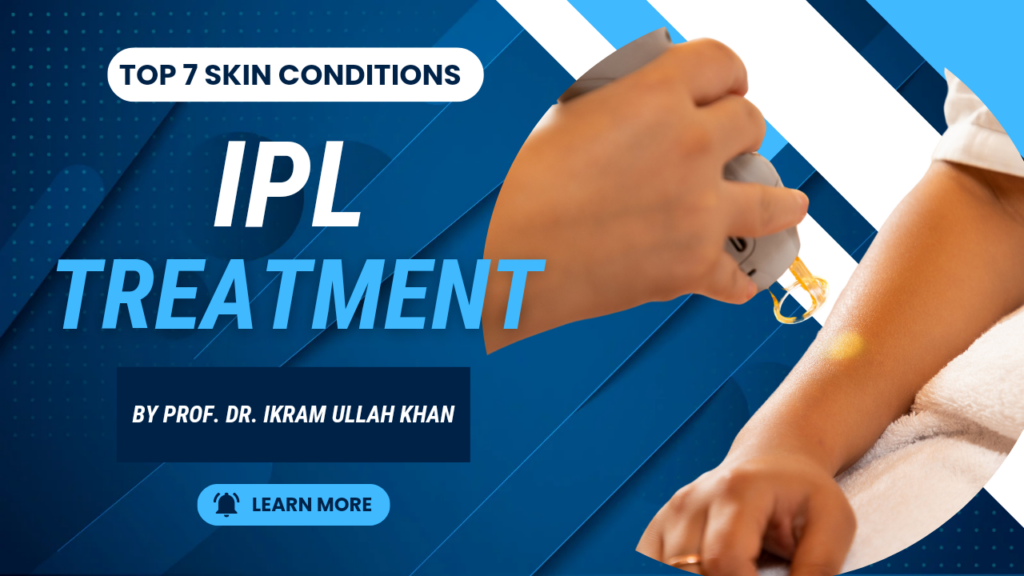
IPL therapy, also referred to as an intense pulsed light therapy or a photo facial, is one the non-surgical approaches to skin rejuvenation. It can reverse some of the skin changes that are caused by uv exposure- a process known as photo aging. However, it commonly manifests on the skin of the face, neck, hands, chest, and other areas that are most exposed to sunlight.
If you have red, brown or splotchy skin due to a health condition, IPL may help.
The IPL Therapy is only successful if done by an expert. For anyone searching for the best dermatologist in Islamabad, Prof. Dr. Ikram Ullah Khan is your answer. He is pioneer in laser technology with years of experience in dermatology.
IPL vs. Laser
IPL and laser treatments can be effectively used to manage a range of skin conditions. The only major distinction between the two is that of the invasiveness. IPL therapy is minimally invasive taking relatively longer sessions to achieve the same outcome as laser therapy. Laser treatment is far more invasive and the process of healing is more time-consuming with it. It means that it can get much better outcomes from fewer operations. However, the IPL device emits more than one wavelength of pulsed light compared to the lasers, for example. IPL has the ability to treat a number of skin conditions at once. Some skin conditions may require IPL or laser treatment in order to improve noticeably. Your dermatologist can also explain which of the two is more suitable to use in your case
Acne Treatment
IPL therapy employs the waves of light to treat various skin issues. These include acne scars, existing acne, rosacea, skin inflammation, skin pigmentation, broken capillaries and hyperpigmentation. This treatment may be known as intense pulsed light photofacial or intense pulse light photorejuvenation. Patients with acne come in for IPL photofacials when their condition is active. Along with it are multiple, inflamed lesions, under the skin (papules, pustules, cysts). Such clients are happy to learn that that the fast, painless treatment removes the scarring as well.
The more scar tissue one has, the better we can treat it with IPL. As it replicates a kind of ‘controlled inflammatory healing response in the body. This response contributes to the formation of the scar in the first place. This is because skin as it is scarred has different color and texture from the rest of the skin. Which is why IPL photofacials and other acne scarring treatments stimulate the body to heal the skin with new collagen and smoother skin layers.
Out of the many kinds of treatment that are available with names such as microdermabrasion, chemical peeling, dermaplaning, they all involve rubbing the surface of the skin with an abrasive substance, in order to create a blank canvas for healthy skin cell generation. However, those options may at times be uncomfortable during the process and may also need some time before being used again. Such appearances can be treated by IPL, and the latter can evoke the same reaction without pain during treatment and healing.
IPL Birthmark Removal
IPL is not as invasive as the laser skin resurfacing technique but it can also effectively remove a birthmark. This therapy works below the epidermis, at the dermis layer for the destruction of the formed melanin in pigmented birthmarks or, for the cutting-off of the blood supply to the birthmarks.
The light radiates through the cells and causes them to become hot and to break down so that the body can eliminate them. Since skin conditions are unilateral, IPL can help to eliminate port wine stains, cafe-au-lait spots, salmon patches, mongolian spots, stork bites, age spots, freckles, and various nevi over several sessions with a laser. Every type of birthmark requires medical examination and thus, any birthmark removal surgery needs advisory from a dermatologist.
Stretch Marks Removal
For this IPL laser treatment method, a strong machine is used to focus on scattered light beams of various wavelengths on the skin. This leads into skin remodeling and the collagen synthesis also increases. Dermal collagen is responsible for skin texture because it determines how the skin looks like through its ability to repair and regenerate skin cell.
The light comes in direct contact with the skin and thereafter gets beneath the skin to minimize stretch marks. Every IPL session lasts 15-30 minutes and after it you can have a small redness and swelling that will go away soon. And after a couple of days, one will notice that the marks lessen and the area surrounding it begins to merge.
IPL Rosacea Treatment
IPL and lasers act selectively by emitting light of predetermined wavelength which selectively targets skin structures by colour. For instance, red structures absorb light at this wavelength of 532nm. In the skin, this means blood and the vessels that hold it.
IPL and laser acts on the skin by selectively photothermally destructing coloured bodies in the skin. Depending on factors such as wavelength, intensity and duration of flashes of light, the effect of IPL treatment on the facial skin could be:
Skin redness management and avoidance of prominent blood vessels on the face for rosacea patients.
Minimising the count of Demodex mites on the facial skin to decrease inflammation of rosacea.
Freckles and Hyperpigmentation
As mentioned, IPL is the most recommendable treatment method for freckles removal. Light energy is assimilated by darker pigments in the skin and decomposes the melanin, which is the components that make up a freckle. The parts of the skin that do not have an excess of melanin cells remain unaltered.
This makes it easier to correct pigmentation imbalance with IPL provided that the color of skin and freckle differ sharply. It is still useful though when applied on patients with dark skin, although it may not work well on patients with very dark complexion or those individuals who are very tanned.
IPL treatment is almost painless, and a cooling gel or even a light anesthetic is used on the skin before the treatment. The treatment process of IPL takes about 30 minutes.
IPL Spider Veins Removal
IPL is a safe treatment and can be used to effectively remove spider veins.
It has many advantages. It can directly cause the spider veins to be less noticeable within the first session. In the case of more intense spider veins, it is only after six to many IPL sessions that the spider veins will be completely eliminated. The major advantage of IPL sessions is that they are very fast and do not require any time to relax in between.
IPL Hair Removal
IPL hair removal procedure involves using of intense light energy in order to selectively incite the hair follicles and shafts. The laser light then penetrates the skin and the target melanin is then converted to heat. This thermal energy damages and destroys the hair structure. Also, it damages the hair follicle and bulb resulting in hair growth termination.
The time it takes to administer the treatment will be dependant on the size of the area to be treated. Normally, a hair removal treatment will only take between fifteen to thirty minutes of your time. Treatment time also varies depending on the regions of the body. It is shorter for facial epilation than for epilation of the legs, for instance, or the torso. These quick treatments are very convenient to complete in the course of a lunch break or between other appointments. No time is needed to recover after the procedures.
The amount of sessions for the hair eradication permanently depends on several factors. It includes the natural color of hair, its elasticity, and its cycle in the treated area. However, usually it takes between 6 and 8 sittings. Though there is an interval of 4-6 weeks in between for the treatment to be permanently effective.
For treatment, visit www.drikram.com website Or Facebook Page.

